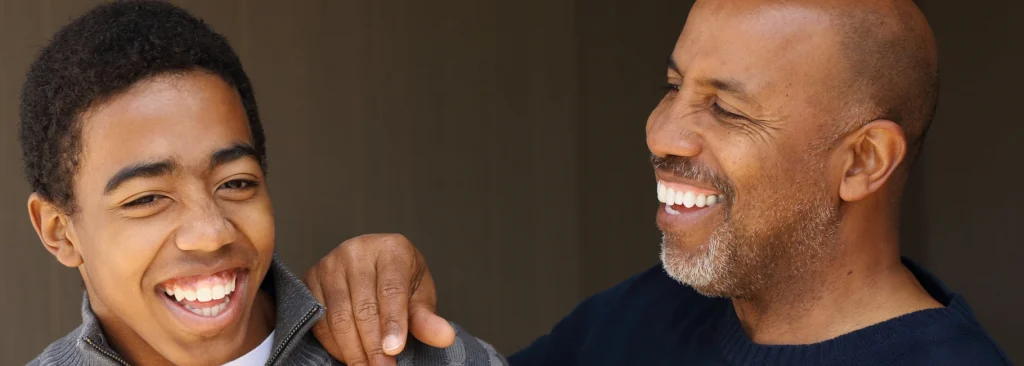CSS Profile Explained: What You Need to Know
Are you worried about affording college? You are not alone. The financial aid process can feel intimidating and opaque, and you likely have a lot of questions. Let’s start by demystifying the CSS Profile.
IvyWise KnowledgeBase
College Planning

Are you worried about affording college? You are not alone. The financial aid process can feel intimidating and opaque, and you likely have a lot of questions. Let’s start by demystifying the CSS Profile.

Choosing a college major can feel like a life-altering decision, especially when your interests span multiple fields. What if you’re fascinated by arts and computer science or engineering and business management? For students whose interests defy traditional academic boundaries, dual degree programs offer an exciting and enriching path. If you’re a truly interdisciplinary thinker, these programs allow you to dive deep into two distinct areas without choosing just one.

If you want to go into a specialized field like healthcare, law, veterinary medicine, and so on, entering a preprofessional program may seem like the obvious choice. But is it the best choice?

You have it down to a science — you know the best way to get up to speed on class schedules and which clubs to join. Or perhaps this is your first time moving and you’re a little nervous about attending a new school. From a personal perspective, you have so much to consider.

When you’re looking at colleges, you might come across the term “consortium,” which refers to a group of colleges that collaborate to expand the resources and opportunities available to their students. For high school students considering their future college options, it’s important to understand what consortium colleges can offer. Let’s dive into what these consortiums are and highlight some examples to help you see the unique opportunities they provide.

Embarking on the U.S. college application journey as an expat can feel as puzzling as your first day at your new international school — despite your well-developed cultural adaptability, cross-cultural communication skills, and unique global perspective. Having spent my formative years attending an American school in the Netherlands, I felt equally perplexed by the U.S. college admissions process. I was excited at the prospect of living in the U.S. for the first time since I was four years old; however, I was scared to be an ocean away from my family and nervous about how to navigate the process.

You’ve just been admitted to the school of your dreams. You are over the moon, sharing your excitement with your family — until you see the financial aid package. What?! Where did that number come from?

Do you enjoy learning about the brain and how it works, why we make the decisions we make, and how the brain influences our behaviors? Are you interested in mental health? If you answered yes to either (or both!) of these questions, psychology might be the path for you.

The college admissions process has long been a rite of passage but has arguably become more stressful in recent years as admission rates at selective institutions continue to drop. Plus, more students are continuing on to college, and each student, on average, is applying to more colleges than ever before.

Are you a high school student eagerly eyeing your dream college? Perhaps you’re anxious about your college application and wondering whether it’s a good idea to reach out to the admissions office. You’re not alone in having these questions, and we’re here to provide clarity with some frequently asked questions about high school students contacting college admissions staff.